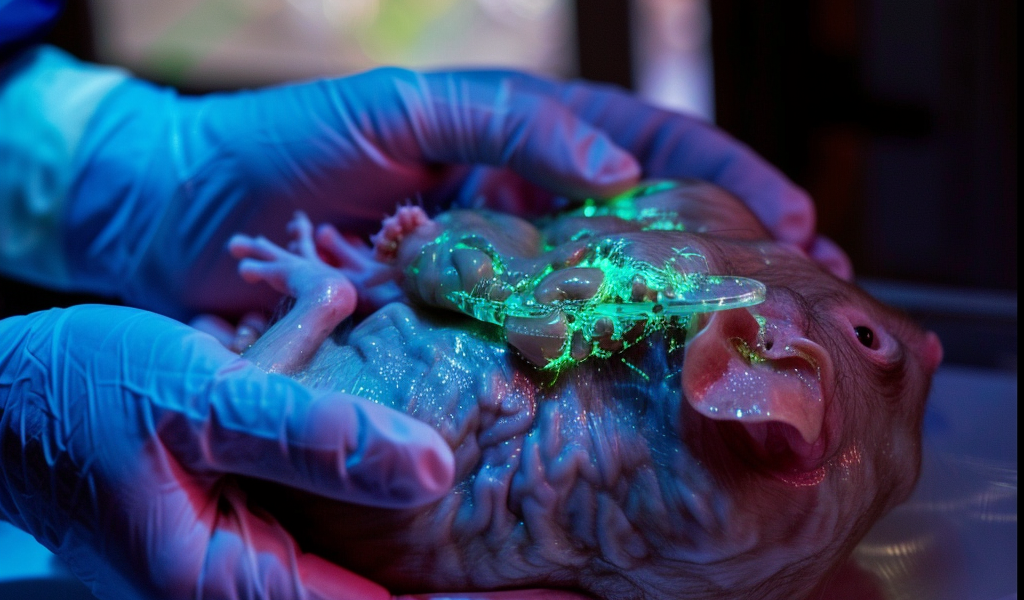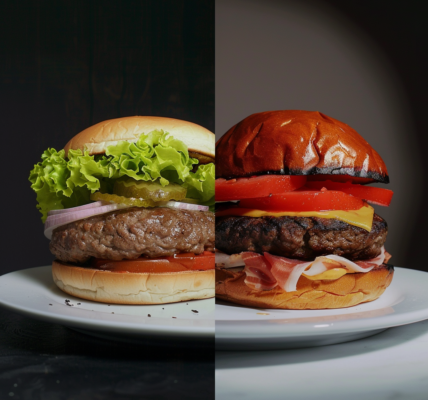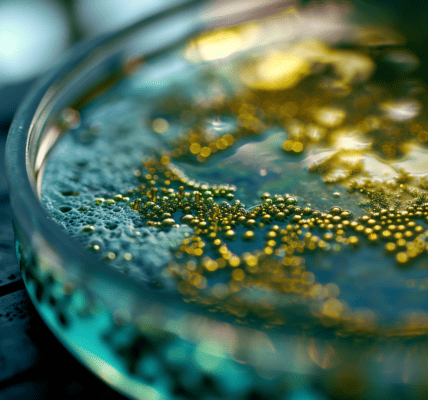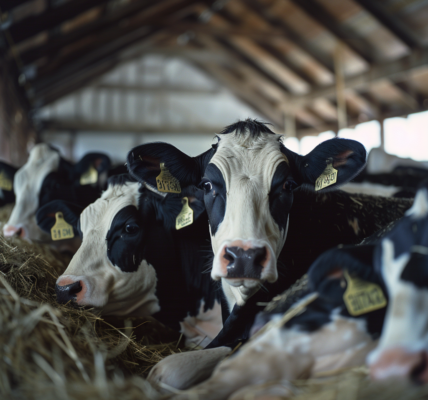Scientists in Japan have achieved a groundbreaking milestone in the field of medicine by successfully transplanting kidney tissue between rat fetuses while still in the uterus. This remarkable feat, although yet to undergo peer review, marks a significant advancement that could pave the way for future in-utero xenotransplantation in humans.
The study, which focuses on addressing the neonatal condition known as Potter sequence, aims to mitigate the adverse effects on the kidneys caused by insufficient amniotic fluid surrounding a developing fetus. This condition can lead to various kidney-related complications, including diseases and developmental abnormalities.
According to the authors of the study, infants born with Potter sequence often face challenges as traditional treatments like dialysis may not be viable at such a young age. The researchers propose in-utero xenotransplantation as a potential solution to bridge this treatment gap, emphasizing the need for innovative approaches in neonatal care.
Lead author Takashi Yokoo, affiliated with Jikei University School of Medicine, described the project as groundbreaking and unprecedented in its approach. The intricate procedure involved anesthetizing pregnant rats, exposing the uterus, and delicately transferring the donor fetal kidneys to the recipient fetuses through the uterine wall.
Notably, the transplanted kidneys, previously labeled with green fluorescent protein for tracking purposes, exhibited a success rate of 88%. Out of the nine transplanted fetuses, all but one showed evidence of the fluorescent protein post-birth, indicating successful tissue transfer and development.
The potential implications of this research extend beyond animal models, with the ultimate goal of applying similar techniques to human fetuses in the future. While the study is still in its early stages, the successful transplantation of kidney tissue in rat fetuses represents a significant step towards advancing in-utero medical interventions.





